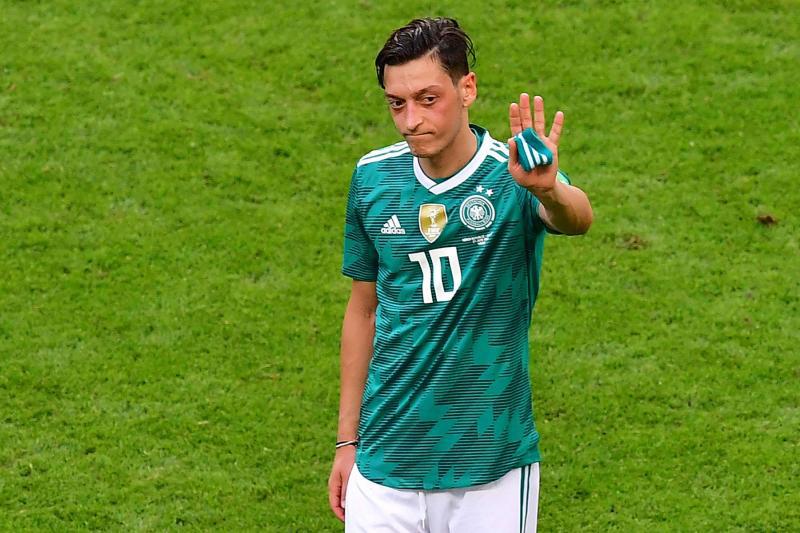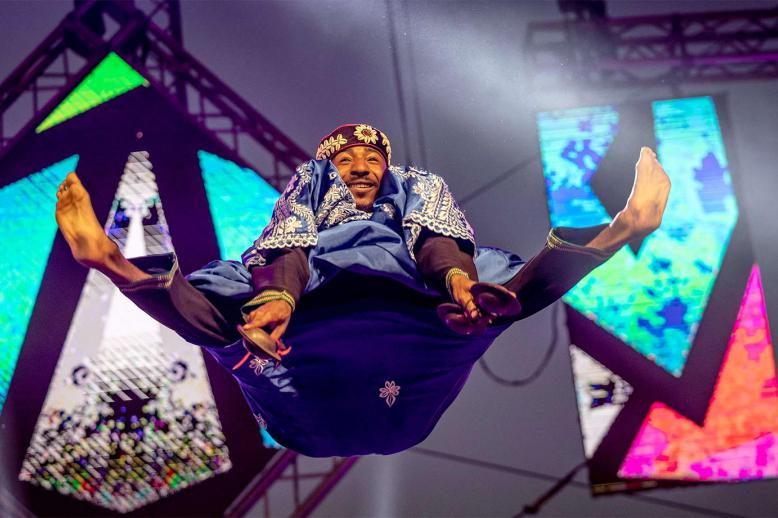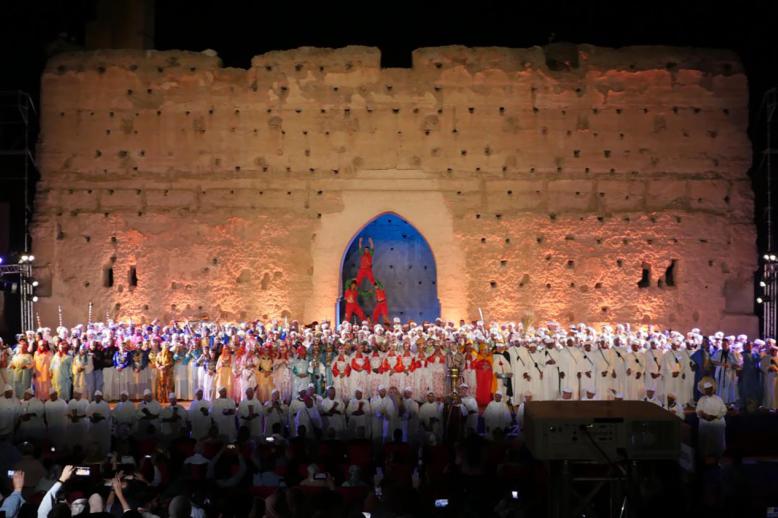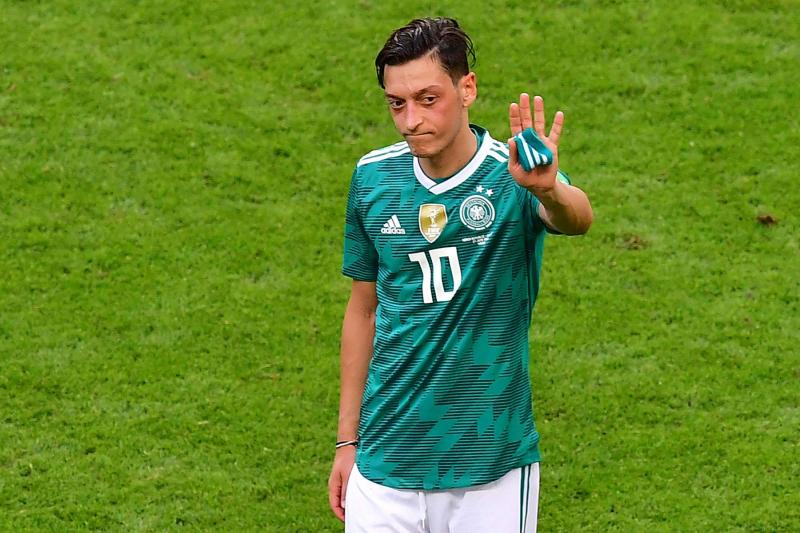World Cup is over but not the row over Turkish-German football star
ISTANBUL - Accusations by politicians, media commentators and football officials targeting Mesut Ozil, a German national player of Turkish descent, making him the scapegoat for Germany’s weak performance at the FIFA World Cup in Russia is a worrying sign of growing racism in a country facing a surge of anti-immigrant populism, critics said.
Ozil’s case highlights the problems some European national teams are struggling with as players of diverse ethnic, cultural and religious backgrounds advance through the ranks. Critics say players such as Ozil are feted as heroes when times are good but singled out as whipping boys when results are bad.
“If I score, I am French,” news reports quoted Karim Benzema, a former French national player of Algerian heritage, as saying a few years ago. “If I don’t, I am an Arab.”
Germany, the 2014 World Cup champion, crashed out of this year’s tournament in Russia in the group stage, a humiliating defeat keenly felt by millions of fans in the country.
Even before the team travelled to Russia, Ozil, 29, a midfielder who plays for Arsenal London, was in trouble because he had his picture taken with Turkish President Recep Tayyip Erdogan, a politician seen as an autocrat by many in Germany. Ilkay Gundogan, another German national player of Turkish descent who also met Erdogan, declared publicly that he did not intend to boost Erdogan politically. Ozil has not commented on the meeting.
The controversial pictures set the stage for a wave of criticism levelled against Ozil following Germany’s early departure from Russia. Oliver Bierhoff, manager of the national squad, said Germany’s Football Association (DFB) had not succeeded in convincing Ozil to distance himself from the photo op with the Turkish leader.
“And that is why one should have thought about dropping him” from the squad in Russia, Bierhoff said. DFB President Reinhard Grindel said Ozil owed Germany’s fans an explanation. Lothar Matthaus, a former German team captain, told a TV interviewer Ozil looked like “he doesn’t feel comfortable wearing the DFB shirt.”
The row comes at a time when the anti-immigrant Alternative for Germany party (AfD) is surging in the polls. One recent survey had the party at 15%, its strongest showing. Anti-Turkish and anti-Islam rhetoric are part of the party’s trademark. Alexander Gauland, an AfD leader, has suggested that the 3 million people of Turkish descent living in Germany should move to Turkey.
During the World Cup, the AfD spokesman on sports, Jorn Konig, said the German squad lacked team spirit because of Gundogan and Ozil. He called for the dismissal of the two players because they “revere the Turkish president more than the German homeland.”
Ozil has hinted that he sees the debate as fuelled by racism. Writing on his Instagram account, he said the early exit from the World Cup had hurt him. “I’ll need some time to get over it,” he wrote in a comment next to a picture showing him marching off the field. Ozil added the hashtag #SayNoToRacism.
His father, Mustafa Ozil, told the German Bild am Sonntag weekly his son should consider resigning from the national team. “There used to be a saying: if we win, we win together,” Mustafa Ozil said. “But if we lose, we lose because of Ozil?”
Cihan Sinanoglu, a spokesman for the Turkish Community in Germany, an association representing members of the Turkish minority, said a line had been crossed in the Ozil debate. Speaking in a telephone interview from Berlin, Sinanoglu said criticism of Ozil’s meeting with Erdogan was legitimate. “But the problem begins when the discussion turns to the question of belonging” to Germany. “That’s where racism starts.”
Sinanoglu said Ozil’s critics suspected the player of “disloyalty towards Germany, of being not German enough.”
Ten or even five years ago, the current Ozil debate “would have been unthinkable,” Sinanoglu said. “It shows that the AfD message has an effect at the core of society.” Discussing the reasons for Germany’s early exit from the World Cup, DFB officials “could have picked 20 other players,” Sinanoglu added.
He pointed to Sweden’s handling of racial attacks against one of their national players, Turkish-born Jimmy Durmaz. In a video, the Swedish team stood behind Durmaz while he read a statement. Players then shouted “F..k racism.”
In Germany, the wave of criticism against Ozil has triggered a countermovement. The country’s Central Council of Muslims called for the resignation of Bierhoff and Grindel. Jerome Boateng, a teammate of Ozil who is of Ghanaian descent, told the Welt am Sonntag weekly it was unfair to make Ozil a scapegoat. “The whole load of criticism must not be directed against one guy; the whole team is responsible,” he said.
Even the government in Berlin felt the need to weigh in. In remarks seen as directed against Bierhoff and Grindel, Annette Widmann-Mauz, a junior minister in charge of integration of minorities, told in the Suddeutsche Zeitung newspaper that people should “talk to each other, not about one another.”
Thomas Seibert is an Arab Weekly contributor in Istanbul.
This article was originally published in The Arab Weekly.





